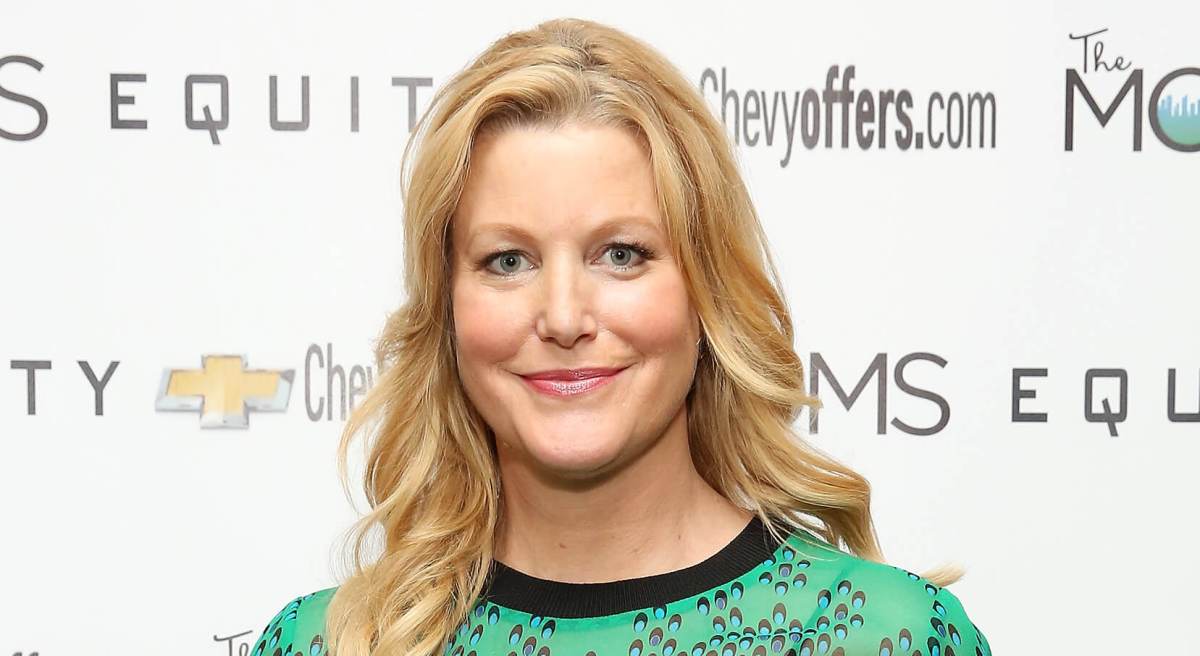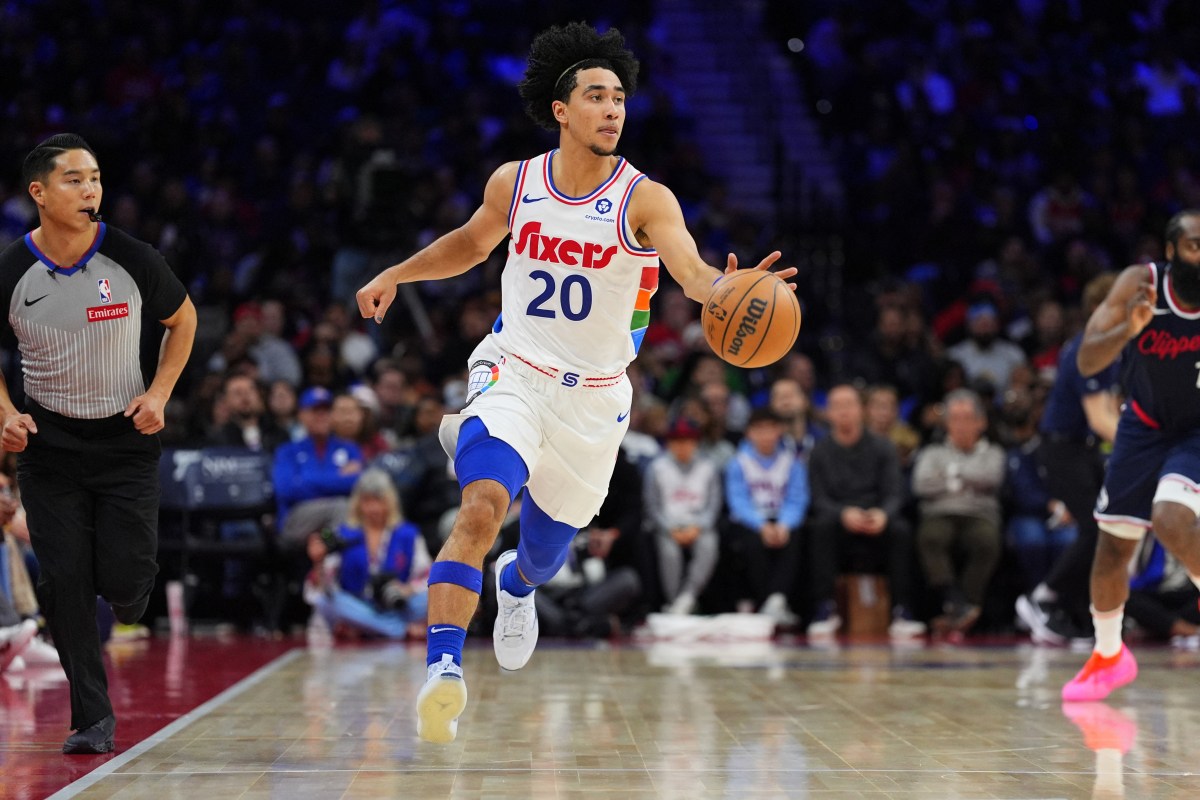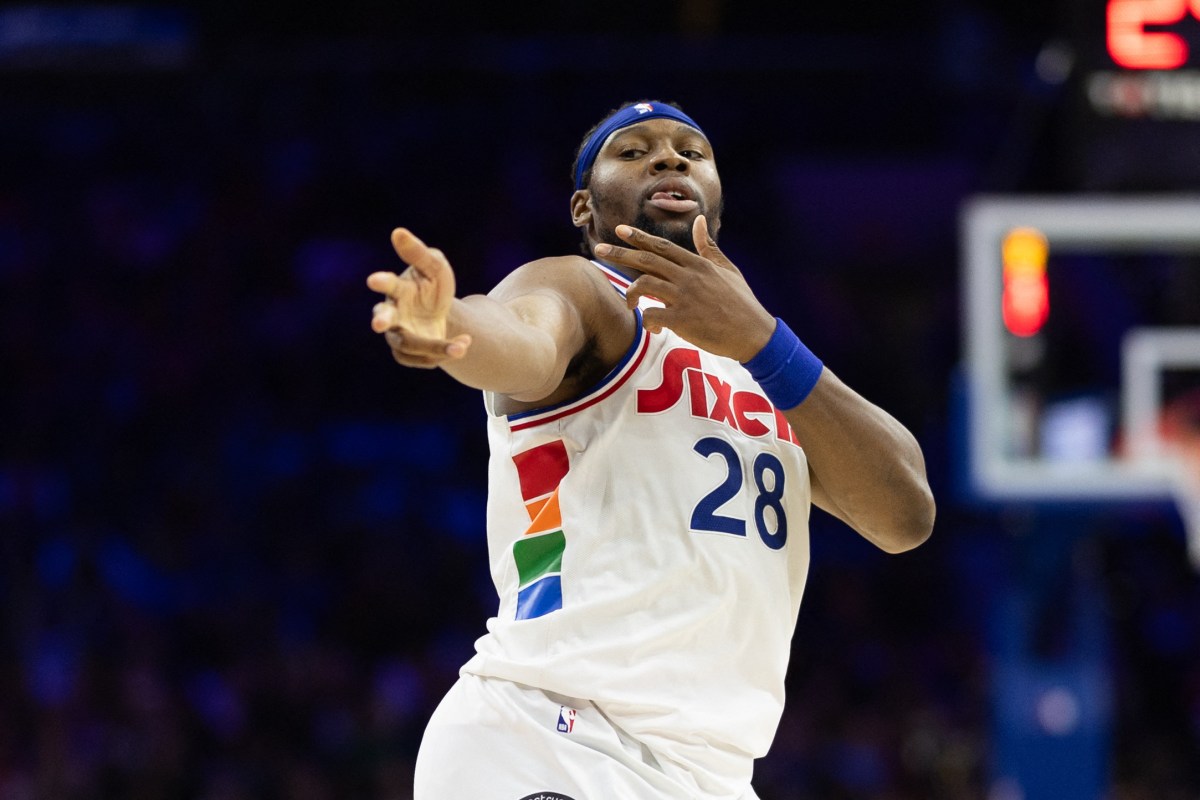It’s hard to believe “Equity” is not only Anna Gunn’s first starring role since “Breaking Bad” ended, but her first starring role ever.
The actress spent five seasons playing Skyler White, wife of high school chemistry teacher-turned-drug lord Walter, on the monster hit AMC show. She bided her time looking for her major follow-up, until “Equity” offered a character of equal complexity: Naomi Bishop, an investment banker on Wall Street who tries to protect her latest client from a complicated scheme to undo their hard work. The film was conceived, written and directed by women, which was another reason she took on the project.
Were you particularly picky about what you did after “Breaking Bad”? RELATED: Review: “Equity” is not just “Wall Street” with a feminist twist The film says a lot about what it’s like to be a woman in power today. For one thing, Naomi has had a disaster in her past, and people are constantly reminding her about it, even after all her successes. She has a bigger hill to climb than a man would in her situation. There’s a parallel there with Hillary Clinton. There’s so much negativity and criticism of her, but then you watch the Democratic National Convention and you see how much she’s done. People focus more on the negative side than the positive. Men have a uniform. They just put on a suit. There’s still a lot of pushback from certain types, who are hopefully the last bastions of a dying culture. You’re not still getting angry messages from people watching “Breaking Bad,” I hope. RELATED:Sarah Gadon and Logan Lerman on the odd way they met on “Indignation” Naomi’s another complex character, and even more capable of being unlikeable. The speech she makes early on, where she says, “I like money,” almost seems like a paraphrase of Gordon Gekko’s “Wall Street” speech: “Greed is good.” I figured it was intentional. This was [a career] that [Naomi] found and she really loved it. It’s not just about the numbers. It’s about turning a no into a yes. She loves the deal-making process. She loves the game of it. She certainly does love to win. It’s a very intricate dance to bring an IPO into the public sector. You have to know your client and what they need, and what your investors need. The intricacy of putting all that together was something I didn’t quite realize myself until talking to people like Barbara.
Absolutely. I felt I had been on such an extraordinary journey with extraordinary material. It opened a lot of doors; I wanted to make sure I walked through the right ones. I’d never come across a role this rich and complex, and where the character was at the forefront of the story. And the creators and conceivers were these two women. The director was a woman, the writer was a woman. It’s obviously a very unusual situation, and long past due.
I agree. In the research process — which I always say is one of my favorite parts about acting — I got to talk to Barbara Bryne, who is on Wall Street and is one of the film’s investors. She gave me a wealth of information. One of the things she said is when you’re a known commodity on Wall Street, you feel your gender more. Any time there’s been something on the news [about her], she walks into the office and there’s a sea of men. She thinks, “Are they talking about me? Is this going to put me in a bad position?” But she’s a confident woman.
They certainly do. That’s something women experience across the board in every profession. We’re seeing [Clinton’s] qualifications, her intellect, her policies, her track record. But everyone thinks, ‘Let’s not focus on that, let’s focus on the way she dresses or wears her hair.’ That’s something Barbara said women have to think about a lot more than men. She picks out the color of her suit depending on the client she’s dealing with. Maybe they’re dealing with someone who prefers a pink suit. On another day you might need to wear that red power dress. That’s something that doesn’t come into play with men. People aren’t tweeting and blogging about men’s choice of suits the next day. [Laughs]
It has to do with the likeability factor as well, which women have to deal with a lot more. I love that “grit and grace” speech Meryl Streep gave [at the DNC]. It’s so true. For women it’s a real tightrope walk as they rise into more powerful positions and positions of leadership. They have to balance how they are perceived. If you’re confident and openly ambitious and assured, sometimes that can rub people the wrong way. It’s humiliating.
I certainly have seen that, from playing Skyler. [Laughs] That’s why I wrote that [New York Times] op-ed, because I’d been asked about it a million times and I had tried to be diplomatic about it. Eventually I wanted to say what I wanted to say. I felt it was important, because I have two daughters and I want them to know that when they grow up and go on their way that if they have something to say they should say it. Don’t let anyone push you back. Keep moving forward with your goals.
No. I learned my lesson, which is you don’t read that stuff. And by the way, no one ever came up to me and said the things they said on the Internet. [Laughs]
I was aware of that, I want to say. [Laughs]
It was something Amy said a female investment banker had said. But I wanted that in there because why is it a problem for women to be as open about their ambition and that particular issue? To me, and to us, it was never intended to be a greedy statement.
Anna Gunn on ‘Equity’ and the hurdles powerful women face

Getty Images
Follow Matt Prigge on Twitter @mattprigge






















